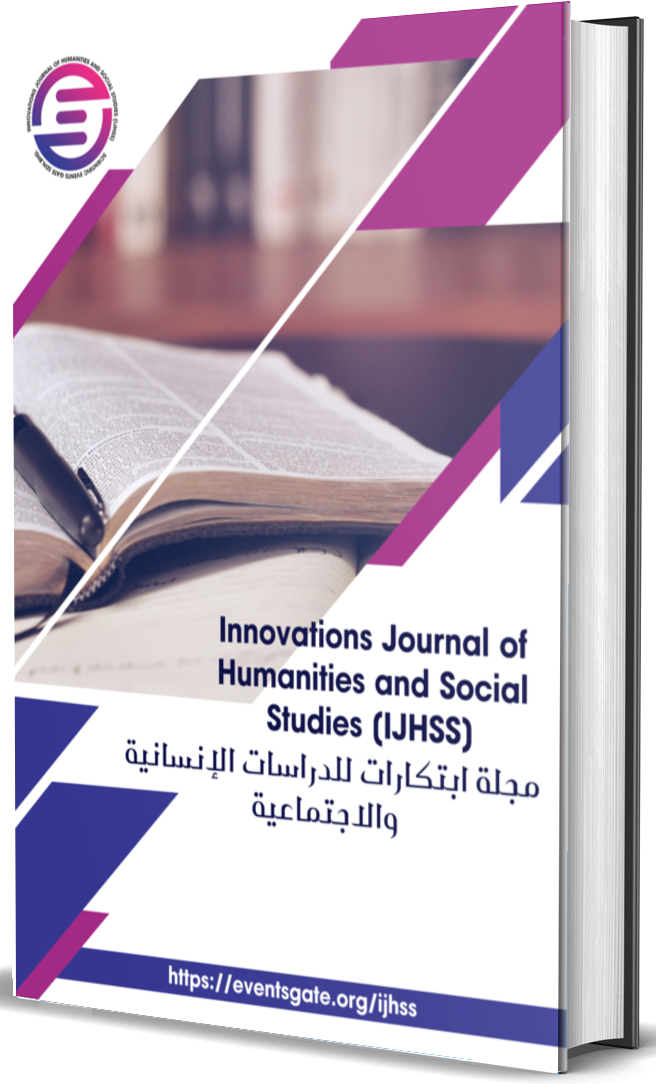Position Abo Albarakat AL Baghdadi in soul theory of Ibn Sena
DOI:
https://doi.org/10.61856/ijhss.v1i2.34Keywords:
Abo AL-barakat AL-baghdadi, Soul, Theory, EBN SENA, Position, RefuteAbstract
The search for the origin of the term "al-naqd" (criticism) in the Arabic language means the present sale of the received amount. In other languages, it is derived from the Greek word "xpiriev," which means "to separate, judge something, and make a decision." The importance and benefit of criticism are associated with the life of a thinker and the transformation of reality. "Criticism is the key to intellectual and social progress and a condition for the movement of history." The adopted approach in this study is the analytical and comparative method, and the study reached several results, including dividing the sciences into three categories: natural, mathematical, and divine sciences. In the natural sciences, Abu al-Barakat followed Aristotle's doctrine and the Peripatetics in general in dividing this science into six sections. However, Abu al-Barakat offers a supplementary remark on this Aristotelian division, especially in the part concerning the divine sciences, considering it optional rather than obligatory. He criticizes Aristotle by saying that knowledge is to contemplate the existent as it is, as Aristotle's opinion was not sufficient in his view. As for his criticism of the Peripatetic definition of the soul, which follows Aristotle's definition as "the perfection of a naturally living body," Abu al-Barakat finds this method of definition unacceptable. The Peripatetics restrict the body to the natural aspect, and he finds it unacceptable since they limit it without considering artificial bodies like beds or chairs.
Downloads
Published
How to Cite
Issue
Section
License
Copyright (c) 2023 ijhss

This work is licensed under a Creative Commons Attribution 4.0 International License.










